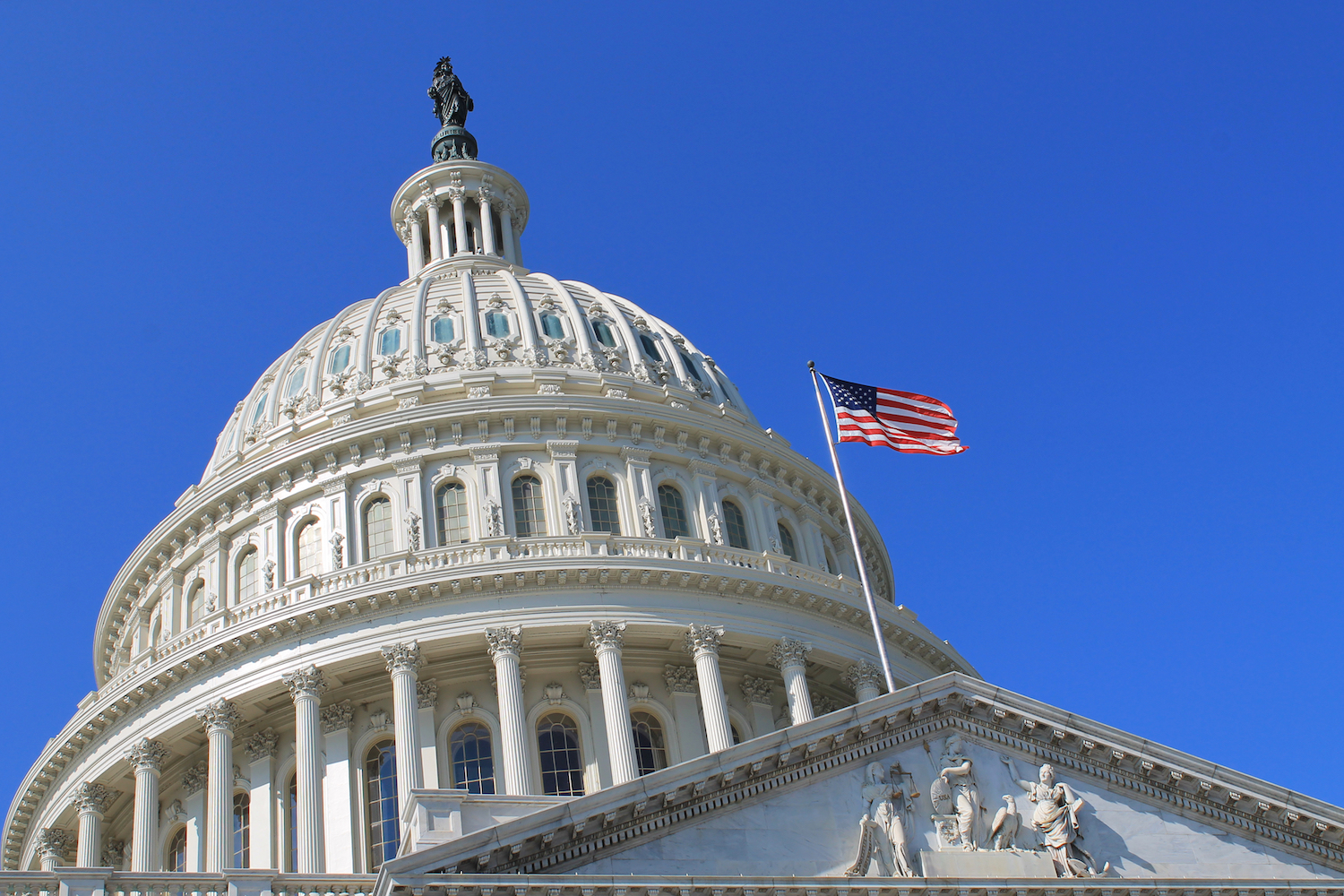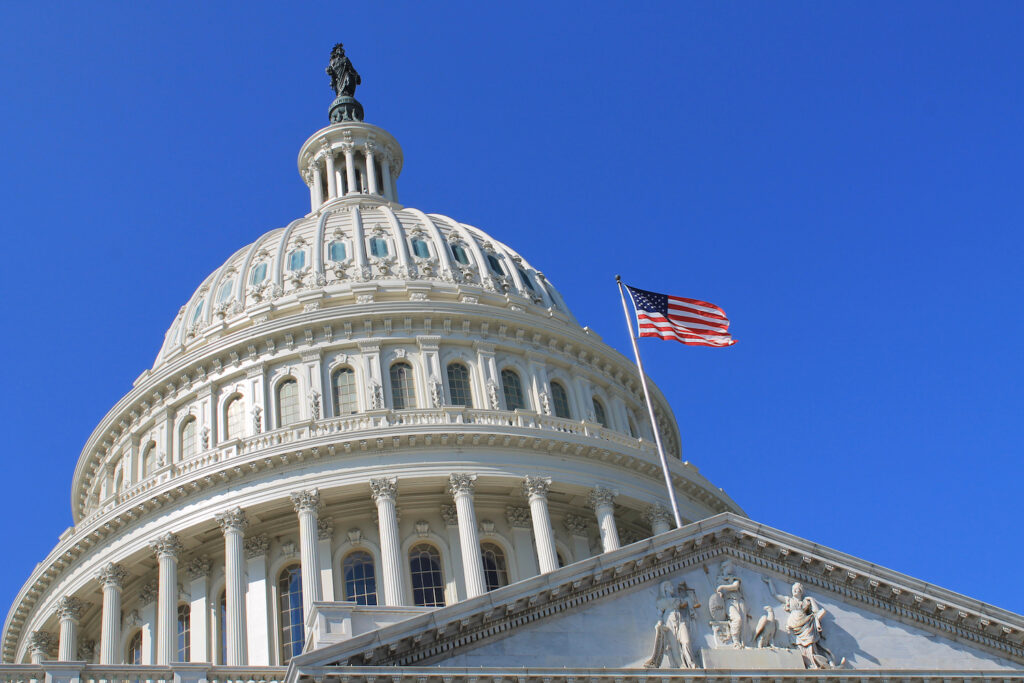Two politicians, Rep. Jared Polis (D-Co) and Rep. David Schweikert (R-Az), want to make Bitcoin purchases below $600 not subject to U.S. tax laws. The lawmakers who have proposed the regulations in the form of the “Cryptocurrency Tax Fairness Act” (CTFA) are also co-chairs of the Blockchain Caucus and hope to lessen the tax burden on cryptocurrency users.
The taxing of digital currencies has become a big issue in the last year, in part because the price of digital currencies has soared so much in the last few months. Bitcoin, for instance, has had a gain from $1,000 at the start of the year to a recent high of $5000 – and the tax man wants some of that profit.
The proposed exemption would thus eliminate this concern on small transactions. Meanwhile, the bill also calls for the Treasury Department to provide guidelines for cryptocurrency users to report on their profits and losses tied to digital assets.
“To amend the Internal Revenue Code of 1986 to exclude from gross income de minimus gains from certain sales or exchanges of virtual currency, and for other purposes,” the bill said.
Currently, cryptocurrency users need to keep track of all of their own funds and get robbed by the tax man or they can choose to risk it and not pay, but recently there has been a big crackdown on taxation by the IRS with the high-profile case of the IRS vs. the cryptocurrency exchange platform Coinbase.
The IRS demanded Coinbase hand over detailed information about millions of its customer accounts as part of an investigation into tax evasion (the IRS claims only 802 people declared bitcoin-related gains or losses in 2015.) Fortune reported.
In response, Coinbase customers sued the IRS, while senior Republicans in Congress warned the agency its investigation was too intrusive and overreaching.
In March 2014, the IRS released documentation stating that “virtual currency” is fully taxable and counts as property. The Internal Revenue Service website said, “IRS Virtual Currency Guidance: Virtual Currency Is Treated as Property for U.S. Federal Tax Purposes; General Rules for Property Transactions Apply.”
Earlier this week the U.S. SEC forced celebrity crowdfunding project Protostarr to shut down its ICO, warning in July that DAO tokens could be labeled securities. This has brought continued uncertainty in the crypto-community with many questioning the future of ICOs and cryptocurrency.
The CTFA aims to ease taxation concerns of cryptocurrency users, although Bitcoin was designed to be decentralized and not have the government’s money-grubbing hands all over it.
Want an edge in the crypto markets? Subscribe to our free newsletter. Follow Coinivore on Facebook, at Twitter and Steemit.

